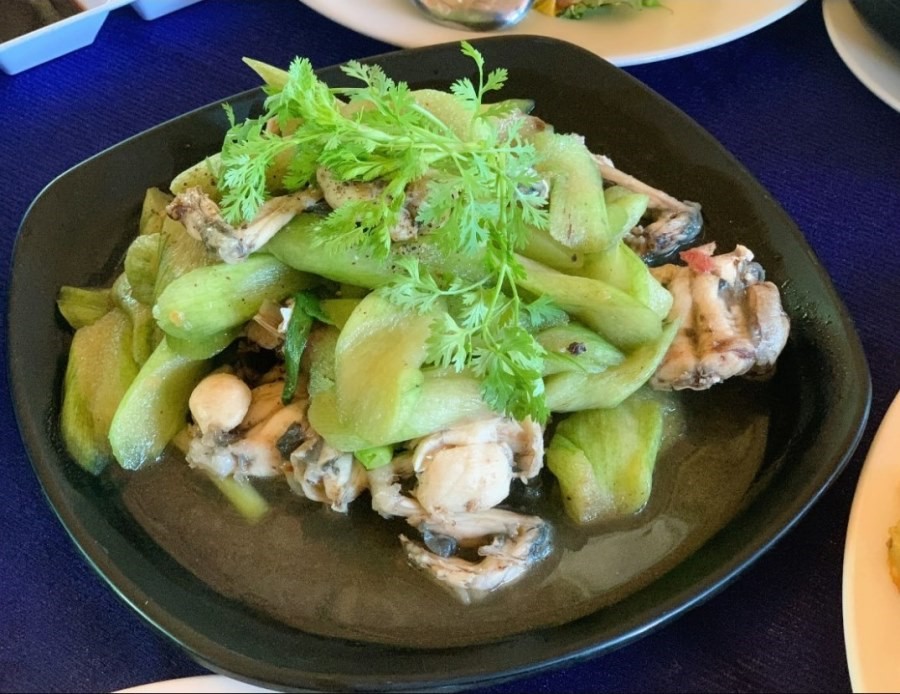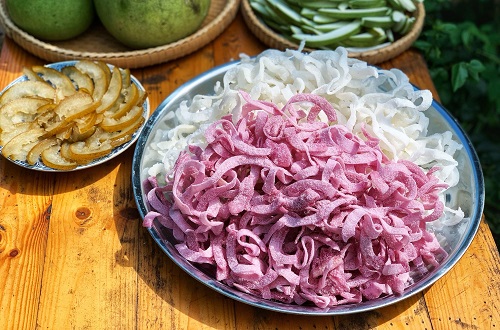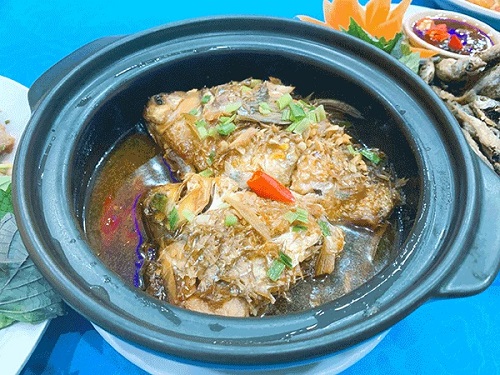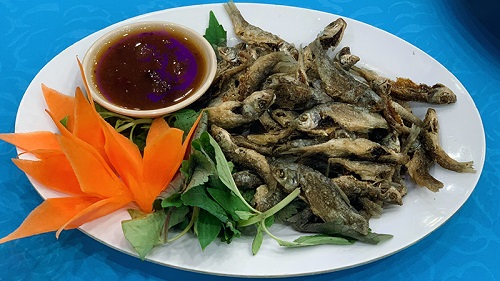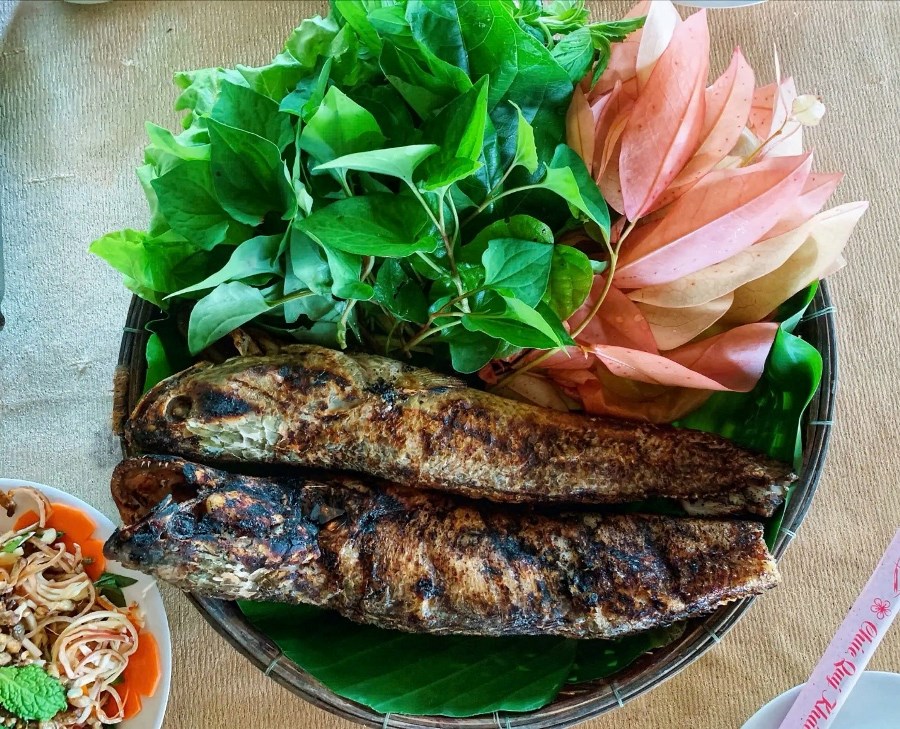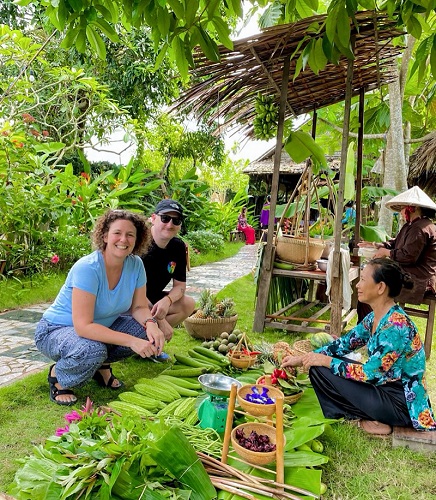
An Overview of the current situation
Ms. Le Dinh Minh Thy, Director of Vietravel Can Tho, expressed her concern about the tourism products in the Mekong Delta. She pointed out that the region's resources, especially its rivers, have not been fully utilized. She highlighted the lack of diverse and interconnected tourism products from the rivers. Ms. Thy mentioned the Cai Rang floating market in Can Tho, a popular destination for Vietravel's customers. However, she noted that the market has not been able to impress tourists in recent years. She emphasized the need for localities to reconsider their approach to developing tourism products in the area.
Ms. Huynh Thi Bich Tuyen, owner of Mekong Silt Ecolodge in Phong Dien district, shares the same view that the tourism sector of Can Tho hasn't effectively utilized its rich resources. She emphasizes the need for a shift in mindset and approaches to enhance the value and quality of tourism products and destinations. Ms. Bich Tuyen believes preserving indigenous culture is crucial in creating unique tourist experiences. She also praises Dong Thap for effectively leveraging lotus and traditional craft villages to build a distinctive tourism brand. Dong Thap's lotus-themed products, festivals, and immersive Dinh Yen Ghost Market have left a lasting impression on many visitors.
Indigenous culture plays a vital role in building tourism products as it creates unique characteristics and distinctions among different localities. Developing and promoting tourism products rooted in culture requires a focus on deep knowledge and creativity to establish a distinctive identity. Every locality, destination, monument, festival, dish, and individual embodies a story associated with diverse cultural values. Tourism professionals must effectively communicate these stories in an engaging and captivating manner. Ms. Nguyen Thi Ngoc Suong, General Director of Hai Au Can Tho Hotel, Restaurant, and Tourism Company Limited, emphasized the significance of comprehending indigenous culture, noting that it facilitates the identification and creation of products tailored to real-life scenarios and various customer preferences.
Building products from indigenous cultural foundations
To develop appealing tourism offerings rooted in indigenous cultural elements, it is essential to conduct research and make investments while remaining adaptable and creative in the face of challenges. Ms. Huynh Thi Bich Tuyen, the owner of Mekong Silt Ecolodge, emphasized the importance of local pride in attracting tourists. Understanding cultural values and regional products is critical to enhancing the quality of offerings and forging a unique path. Combining tourism with agriculture makes it possible to sell agricultural products with added value and promote stories of clean agriculture and the circular economy through green tourism models. Mekong Silt Ecolodge features numerous distinctive tourism models and products derived from indigenous culture, drawing the attention of experts in the fields of environment, agriculture, and economics. This has led to visits and knowledge-sharing sessions by various delegations, including those from Japan and the US.

Dozens of young volunteers participate in the On The Map program at Son Islet. Photo: HaiAu Educursions
Similarly, Ms. Nguyen Thi Ngoc Suong, General Director of Hai Au Can Tho Hotel, Restaurant and Tourism Company Limited, stated: “We create cultural products combined with tourism, focusing on items from indigenous culture and local heritage. To achieve this, we engage with the community, meet local people, and learn about the unique cultural characteristics of each location. Based on this, we establish a foundational product framework, initiate experiential programs, and organize craft village workshops. Depending on each market, we develop specialized products suitable for that particular market."
Specifically, in Can Tho, the company offers a product line specializing in riverside heritage, featuring a journey to explore the floating market and meet artisans from traditional craft villages along the river in Yen Ha Basket Village, Thuong Thanh Mat Village, and traditional markets. When undertaking these journeys, visitors learn, observe, and utilize technology applications to help promote the destination. Ms. Ngoc Suong emphasized: "The focus of these products is the local community; local people are essential to bring out the 'soul' of the product. Tourists need to interact with local people to have a genuine experience. Our primary market is students, and our goal is to impart indigenous cultural values to the younger generation. Tourists will gain different perspectives by connecting young people with local communities."
For instance, Hai Au Can Tho implements the On The Map program in collaboration with Con Son Agricultural Tourism Cooperative. Volunteers spend six weeks living with the people of Con Son, supporting them in learning English and creating a series of reports, "Dia Con Son." This initiative aims to showcase and promote the image of Con Son through stories, paintings, songs, and poems composed during the community immersion process.
The Vietnam Tourism Development Strategy for 2030 focuses on developing cultural tourism products while preserving and promoting traditional artistic and historical heritage values. This aims to create unique and competitive tourism products, contributing to the prominent branding of Vietnam tourism. Exploiting tourism products from indigenous culture is key to creating unique offerings. Can Tho and other localities in the Mekong Delta are also striving to develop unique products from indigenous culture. Businesses in this region have taken bold steps to carve out their own directions and create unique impressions, contributing to the diversity of products and offering a unique experience in cultural tourism in Can Tho.
Source: Cantho News - Translated by Hoang Dat








